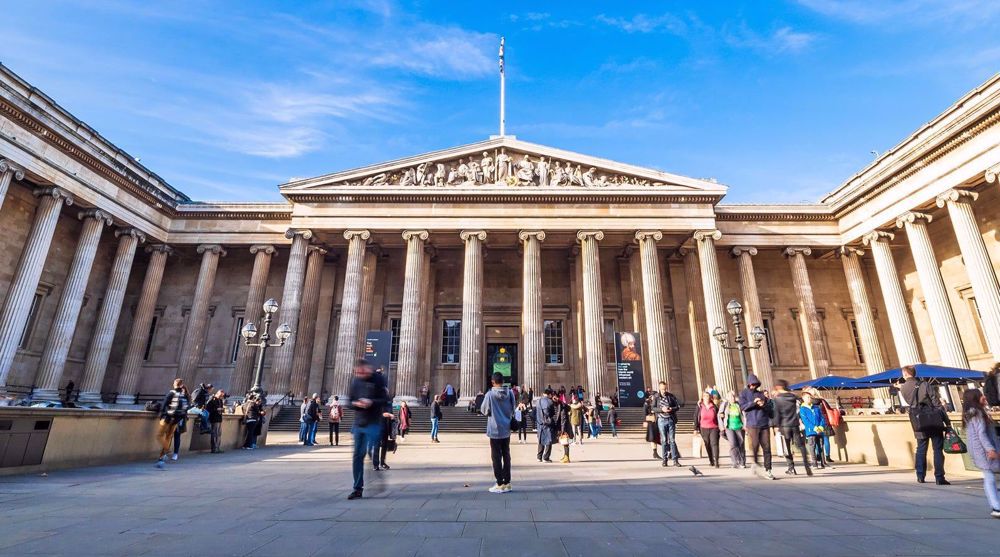Disadvantaged pupils underperforming at GCSE
A new research study has revealed that rich and poor gap is widening among British students with students from poorer backgrounds in England "seriously underachieving" at GCSE.
The research study by the Sutton Trust education charity reveals that more than a third of poorer boys underperform at GCSE.
The General Certificate of Secondary Education (GCSE) is a qualification awarded in a specified subject.
The course is generally taken in a number of subjects by pupils in secondary education in England, Wales and Northern Ireland over two years.
The researchers also say a bright but disadvantaged child has little chance to take GCSE subjects that will lead to a place at a decent university.
The data, commissioned by the Sutton Trust identified a higher percentage of those underprivileged, including those who make the list of the highest 10% of results at primary schools in the country, are unable to maintain these results at GCSE level.
Although previous research clearly shows children from poor backgrounds are more inclined to receive lower grades, this research conducted by Rebecca Allen focused on the most achieving students at primary and compared their later results at secondary.
The study found one out of three boys who receive free school meals- usually those from households that earn £16,000 or less per annum or those receiving state benefits – who got high marks were not able to enter the list of top 25% grades at GCSE.
On the other hand, girls showed a slightly better comparison with just 9% of females from privileged households seeing a similar drop in results at GCSE stage.
‘Missing talent’
Too many schools fail to support the “missing talent”, the authors of the research acknowledge.
Director of the Education Datalab research group, Rebecca Allen said “the highly able pupil premium children had the school and home support to do really well at primary school, so why do things go so wrong for some of them at secondary school?” Allen said.
“Nobody’s looked at how this happens; what sort of qualifications highly able pupil premium children take, or where this missing talent is in the country. Obviously it is in areas that are underperforming generally, but there are also areas with good schools that nevertheless do poorly for highly able children.”

The study identified schools in areas such as Coventry, Lambeth and Leicester as likely to fall behind. Barnet, Ealing, Hackney, Reading, Slough and Trafford boasted no gaps between the performance of disadvantaged pupils and their peers.
“The trust is concerned that, since the demise of the gifted and talented programme [under the previous Labour government], too many schools lack special provision for the highly able,” it said.
A spokesperson for the Department for Education said: “we are determined to ensure that every child, regardless of background is given an education which allows them to realise their potential.
“Alongside our £2.5bn pupil premium, the result of these reforms is that the attainment gap between disadvantaged pupils and their peers is now narrowing at both primary and secondary level,” it said.
‘Heart breaking distinction’

Meanwhile, some experts blame the British government’s controversial spending cuts fro what they call disparity between the achievement of children from poorer and richer backgrounds.
“The government claims that this gap is narrowing, but with elected Tory government In the next five, we must expect much worse austerity policy' . 24% cuts have already been implemented to the Further education sector, with cuts filtering down the system too,” Shadia Dashti, Student Representative at Stop the war coalition told Press TV in an email interview.
“The distinction between the rich and the poor experience is heart breaking and visible at all levels, angles and aspects of the educational systems and institutions. Austerity measures and cut backs filters through the system from university budget cuts to nursery budget cuts. The rich pay for a service and the poor get a dysfunctional one. What we see is kids being separated from such a young age never to be merged due to wealth status. This makes social mobility improbable and educational mobility impossible,” she reiterated.
Social class gap
The London-based commentator also accused the Conservative system of “serving better the interests of 1%” elite.
“The gap between social classes certainly cements the reality that the elite have more influence, and that the Conservative system as it stands today serves better the interests of 1%. The educational system is an unequal one. This Major concern of inequality derives from a lack of representation in terms class when it comes to the educational system structures being established. The UK’s secretary of state for education is clueless,” Shadia Dashti concluded.
SU/ HA
IRGC strikes USS Abraham Lincoln aircraft carrier with volley of ballistic missiles
Iranian armed forces to pulverize US bases across the region: Pezeshkian
Enemy will take dream of enslaving the Iranian nation to grave: Army chief
IRGC launches largest barrage of missile strikes at Israeli occupied territories
Assassination of Ayatollah Khamenei ‘open war against Muslims’: Pezeshkian
Iranians rally countrywide to mourn Leader’s martyrdom in US-Israeli aggression
Qalibaf to US, Israel: We will deal such painful blows that you will beg for mercy
Largescale jet, drone attacks carried out against US, Zionist targets: Iran Army










 This makes it easy to access the Press TV website
This makes it easy to access the Press TV website